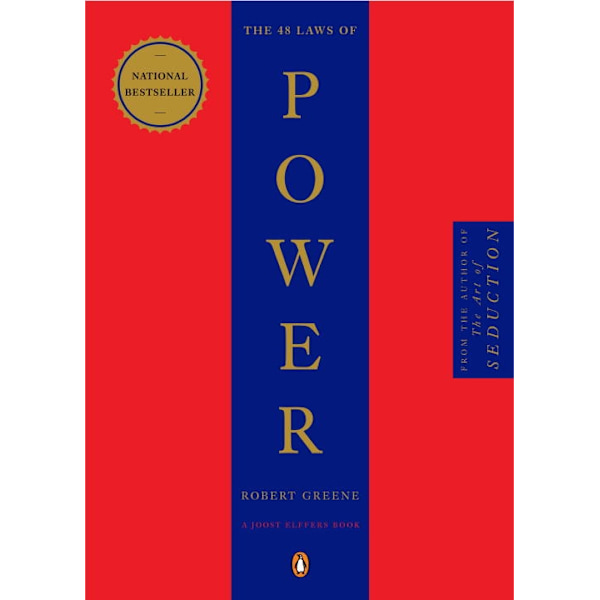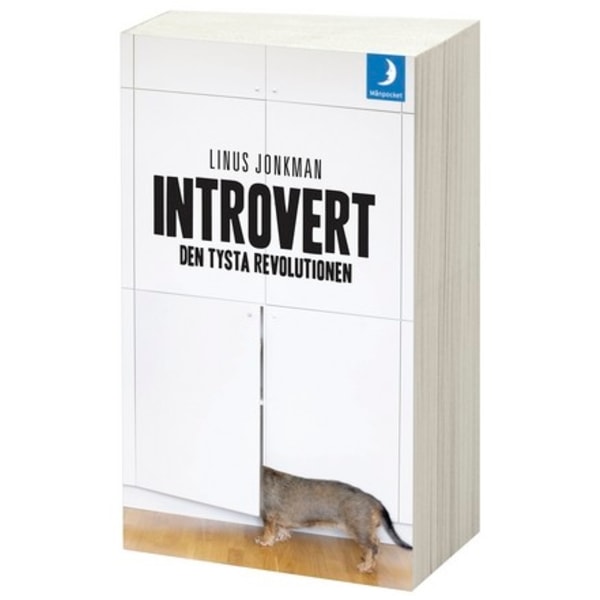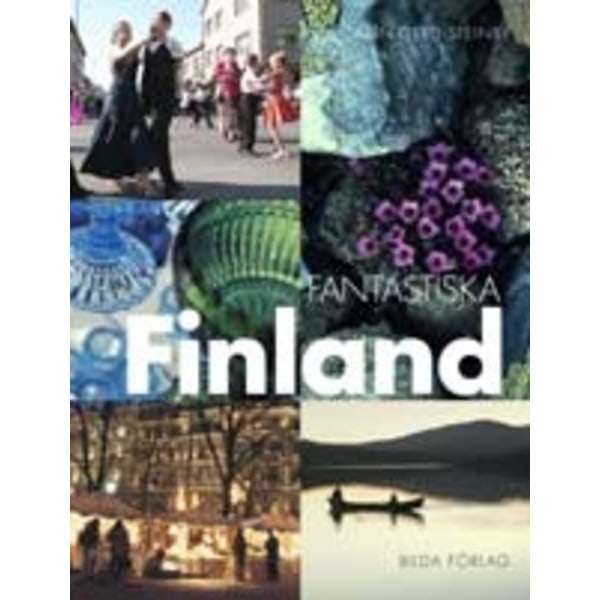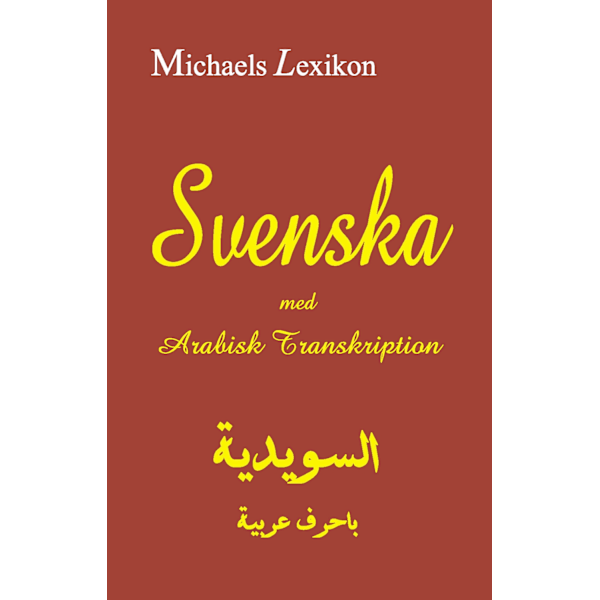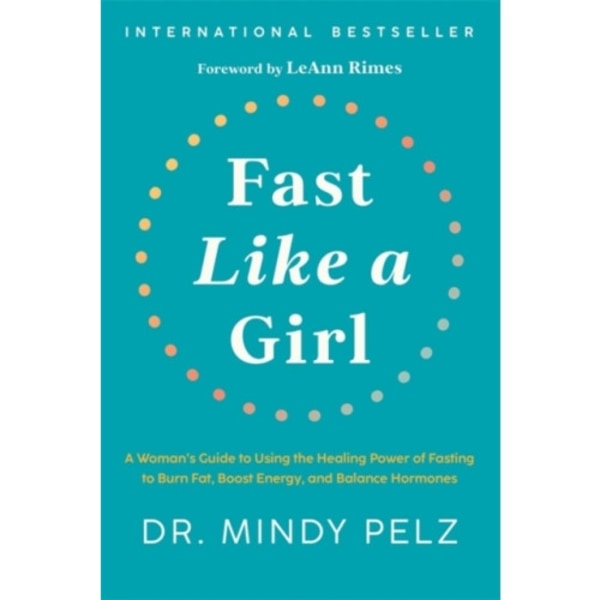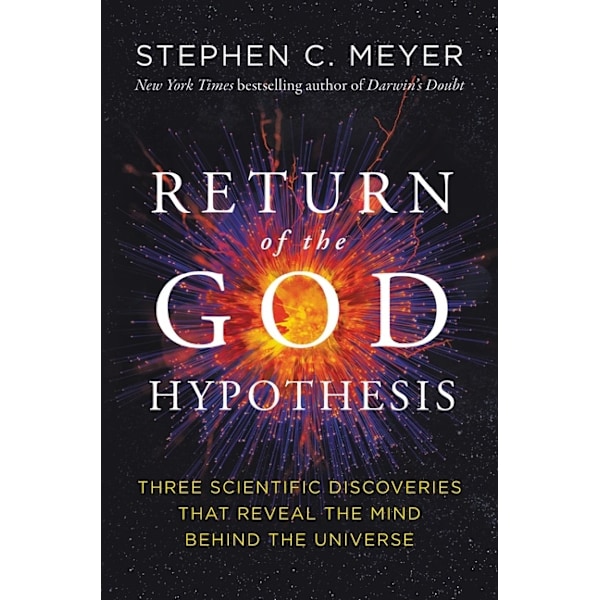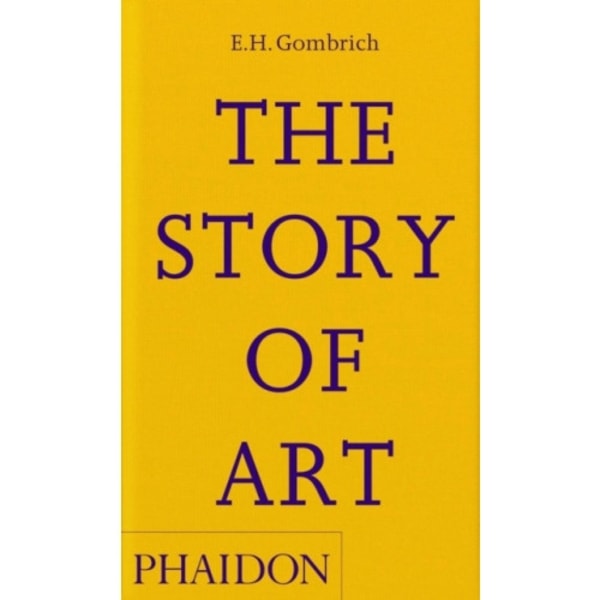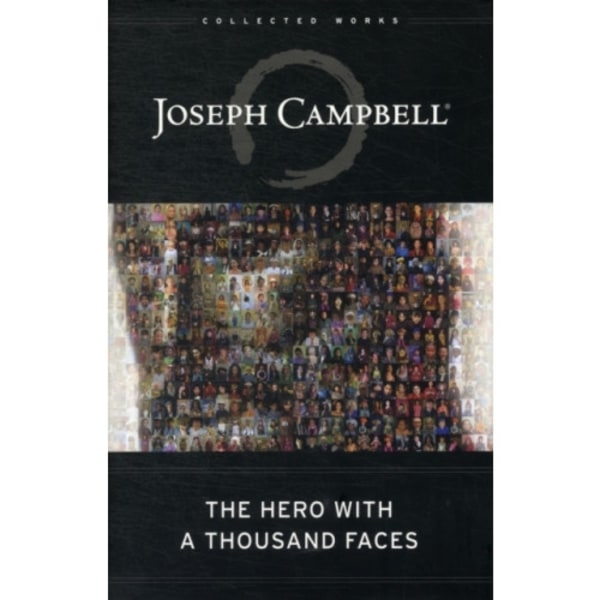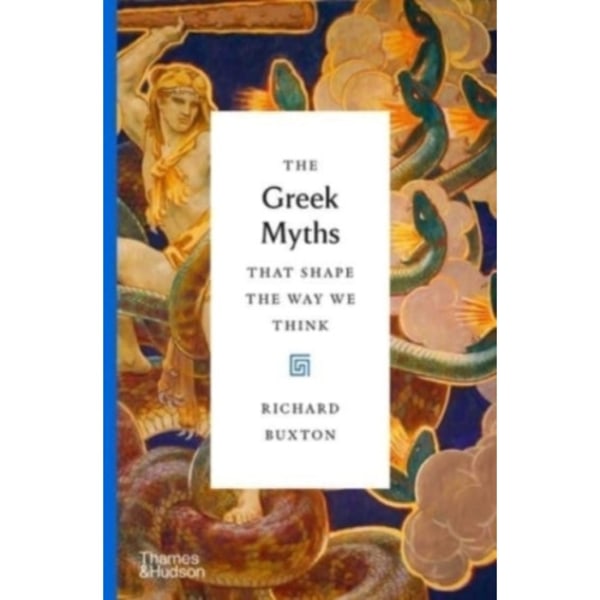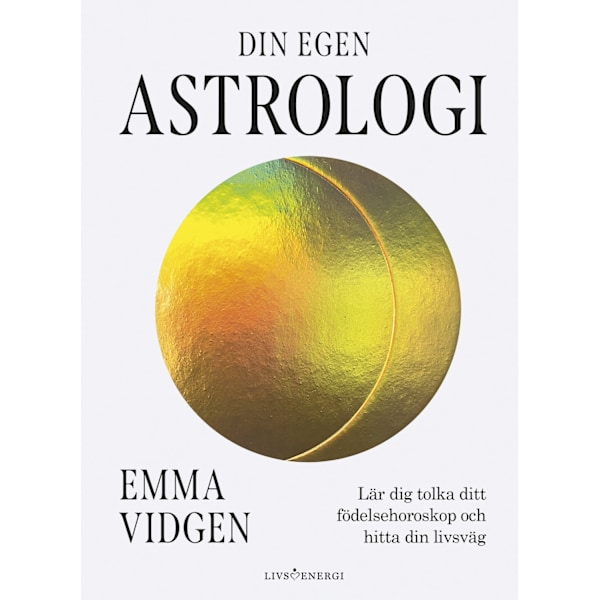Fynda billiga faktaböcker online
93 420 fynd
Vardagsguiden på svenska och arabiska 9789197683173
129 kr
torsdag, 10 julDEN ÄDLA KORANEN med översättning av dess versers 9789185557493
189 kr
5,0torsdag, 10 julThe 48 Laws of Power 9780140280197
229 kr
torsdag, 10 julIntrovert : den tysta revolutionen 9789175032986
89 kr
torsdag, 10 julHallowed By Their Name: The Unofficial Iron Maiden 9780764368684
2 500 kr
5,0torsdag, 10 julFertilitetsförståelse 9789198868609
191 kr
4,7torsdag, 10 julAllt om Bitcoin 9789151966762
129 kr
torsdag, 10 julSustain Me Barbara O'Neill En handbok om naturliga botemedel De 9 grundläggande pelarna för hälsa Pocketbok på engelska
228 kr
5,0fredag, 18 julUtanför verkligheten 9789152710982
190 kr
5,0torsdag, 10 julSustain Me Barbara O'Neill En handbok om naturliga botemedel De 9 grundläggande pelarna för hälsa Pocketbok på engelska
206 kr
1,0fredag, 18 julEtt liv värt att leva : varför självmord blev människans följeslagare (inbunden)
264 kr
måndag, 14 julHAORAN Självläkning genom Design - Mikroorganismers roll för hälsa av Barbara O'Neill, Pocketbok
236 kr
torsdag, 24 julSustain Me Barbara O'Neill En handbok om naturliga botemedel De 9 grundläggande pelarna för hälsa Pocketbok på engelska
271 kr
5,0fredag, 18 julTrädens hemliga liv 9789113073590
219 kr
5,0torsdag, 10 julThe Daily Laws 9780593299234
149 kr
torsdag, 10 julSustain Me av Barbara O'Neill Bok - Den Omfattande Boken om Naturliga Botemedel
163 kr
fredag, 18 julFantastiska Finland 9789157480774
99 kr
5,0torsdag, 10 julScaling up 9789152701546
336 kr
torsdag, 10 julSustain Me av Barbara O'Neill - Den omfattande boken om naturliga botemedel - En bok om örtmedicin & örtbok
233 kr
fredag, 18 julThe Law of Attraction 9781401912277
219 kr
torsdag, 10 jul- -20 %
The Way of Integrity 9781984881502
159 kr
Tidigare lägsta pris:
199 kr
torsdag, 10 jul Svenska med arabisk transkription 9789197683104
89 kr
torsdag, 10 julInspirationsspridaren 9789186763060
149 kr
torsdag, 10 julFörändra ditt liv 5 minuter i taget 9789113110479
199 kr
5,0torsdag, 10 julFasta som kvinna 9789189437715
279 kr
5,0torsdag, 10 jul- -6 %
Varför har ingen berättat det här för mig? 9789180380652
169 kr
Tidigare lägsta pris:
179 kr
torsdag, 10 jul Dödens idéhistoria (inbunden)
309 kr
måndag, 14 julFast Like a Girl (inbunden, eng)
359 kr
måndag, 14 julNär brustna hjärtan läker 9789197479677
49 kr
torsdag, 10 julPokémon. Supermegastora handboken (häftad)
269 kr
måndag, 14 julCopyboken 9789198240719
377 kr
torsdag, 10 julDet omätbaras renässans 9789188659170
199 kr
torsdag, 10 julStjärntecknen talar om vem du är (BOX med 12 9789198207200
219 kr
3,0torsdag, 10 jul- -19 %
Return of the God Hypothesis 9780062071514
219 kr
Tidigare lägsta pris:
269 kr
torsdag, 10 jul Pappa, jag vill höra din historia - den perfekta presenten till din pappa - Minnesbok för pappa
207 kr
fredag, 18 julYippee, jag är 50 år! : Tänk om 50 återstår? 9789198358605
179 kr
torsdag, 10 julThe Story of Art (häftad, eng)
409 kr
måndag, 14 julSjälvkänsla på djupet 9789127121461
119 kr
5,0torsdag, 10 jul- -4 %
Facit Sverige 2023 9789186564926
459 kr
Tidigare lägsta pris:
479 kr
torsdag, 10 jul The Wounded Storyteller (häftad, eng)
399 kr
måndag, 14 julThe Hero With A Thousand Faces (inbunden, eng)
349 kr
måndag, 14 julGrod- och kräldjur 9789185221486
419 kr
torsdag, 10 julPolitical Science For Dummies (häftad, eng)
299 kr
måndag, 14 julThe Greek Myths That Shape the Way We Think (inbunden, eng)
319 kr
måndag, 14 julPolitics For Dummies (häftad, eng)
309 kr
måndag, 14 julAmerican Politics For Dummies - UK (häftad, eng)
289 kr
måndag, 14 julDin egen astrologi 9789189437494
259 kr
torsdag, 10 julWhen things fall apart 9781611803433
189 kr
torsdag, 10 jul
Faktaböcker för alla
Kunskap är någonting en aldrig kan få för mycket av och det oavsett om det är fakta om hästar eller om båtar. Man vet aldrig när ens kunskap kan komma till hand, men ett som är säkert är att du får kunskap av faktaböcker. Vilket också är precis vad du hittar här hos oss på Fyndiq: Faktaböcker med kunskap för alla tillfällen. Här hittar du faktaböcker för barn, unga, vuxna och gamla — till ett pris som är så lågt att du kan köpa en varsin bok till alla i familjen. Fynda billiga faktaböcker redan idag, och gör dig redo för ett liv av kunskap!
Tips för ett lyckat köp
Ute efter en faktabok för barn? Då har du kommit rätt, lyft upp ditt barn i knät och låt hen själv peka på vad som önskas! Om du har några frågor kring din order eller vill reklamera ditt köp, kontakta Fyndiqs kundtjänst så hjälper vi dig med ditt ärende.
Hitta rätt med faktabok
Många är det som gillar faktaböcker om hästar och andra djur eftersom det tar oss in i en värld vi annars inte förstår. Men det finns också faktaböcker som ger oss kunskap om hur människan är. Till exempel kan du läsa om vägen till harmoni eller lära dig mer om din hälsa från Stora hälsoboken. Bland vårt stora utbud finns kunskap som är ovärderlig att fynda, till priser som är ofattbara. Köp hem allt vad du vill ha, frakten blir densamma oavsett hur mycket du beställer!


